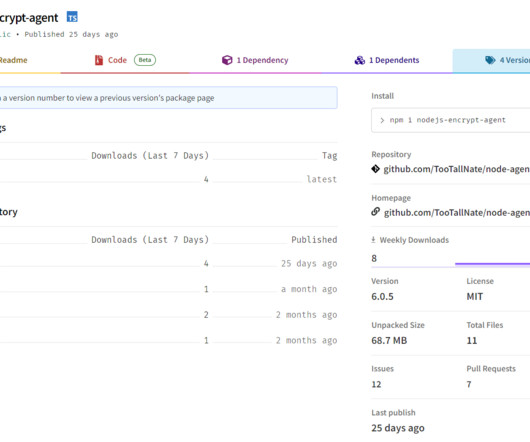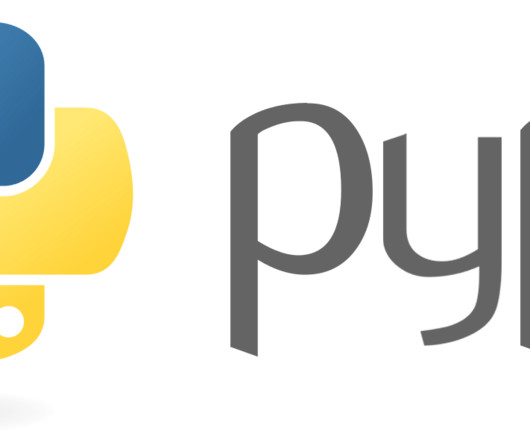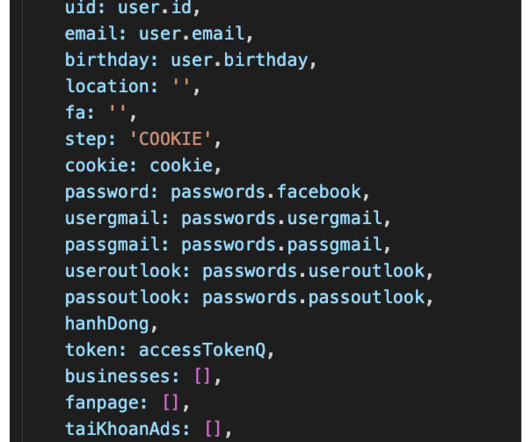NPM packages found containing the TurkoRat infostealer
Security Affairs
MAY 19, 2023
Experts discovered two malicious packages in the npm package repository, both were laced with an open-source info-stealer called TurkoRat. TurkoRat is an information-stealing malware that can obtain a broad range of data from the infected machine, including account login credentials, cryptocurrency wallets, and website cookies.















Let's personalize your content